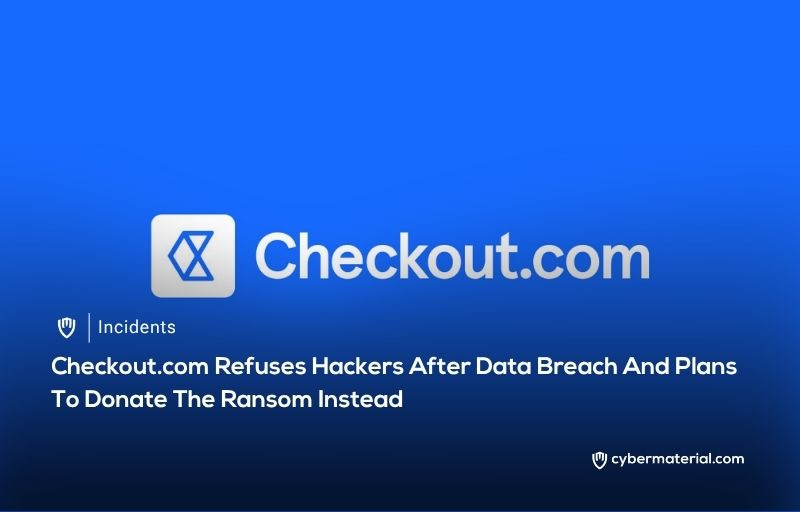
Global payment processing firm Checkout, which operates checkout.com, recently disclosed a data breach orchestrated by the notorious cybercrime group, ShinyHunters. The threat actors gained unauthori…

Global payment processing firm Checkout, which operates checkout.com, recently disclosed a data breach orchestrated by the notorious cybercrime group, ShinyHunters. The threat actors gained unauthori…